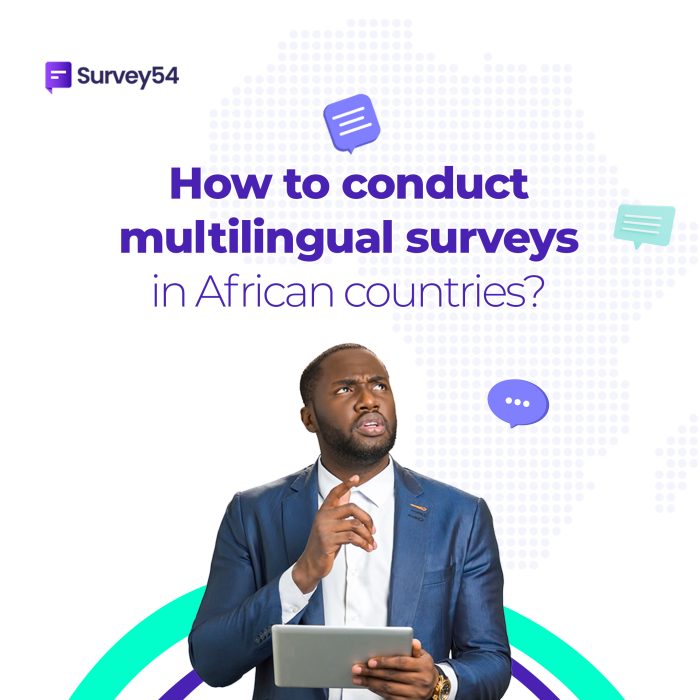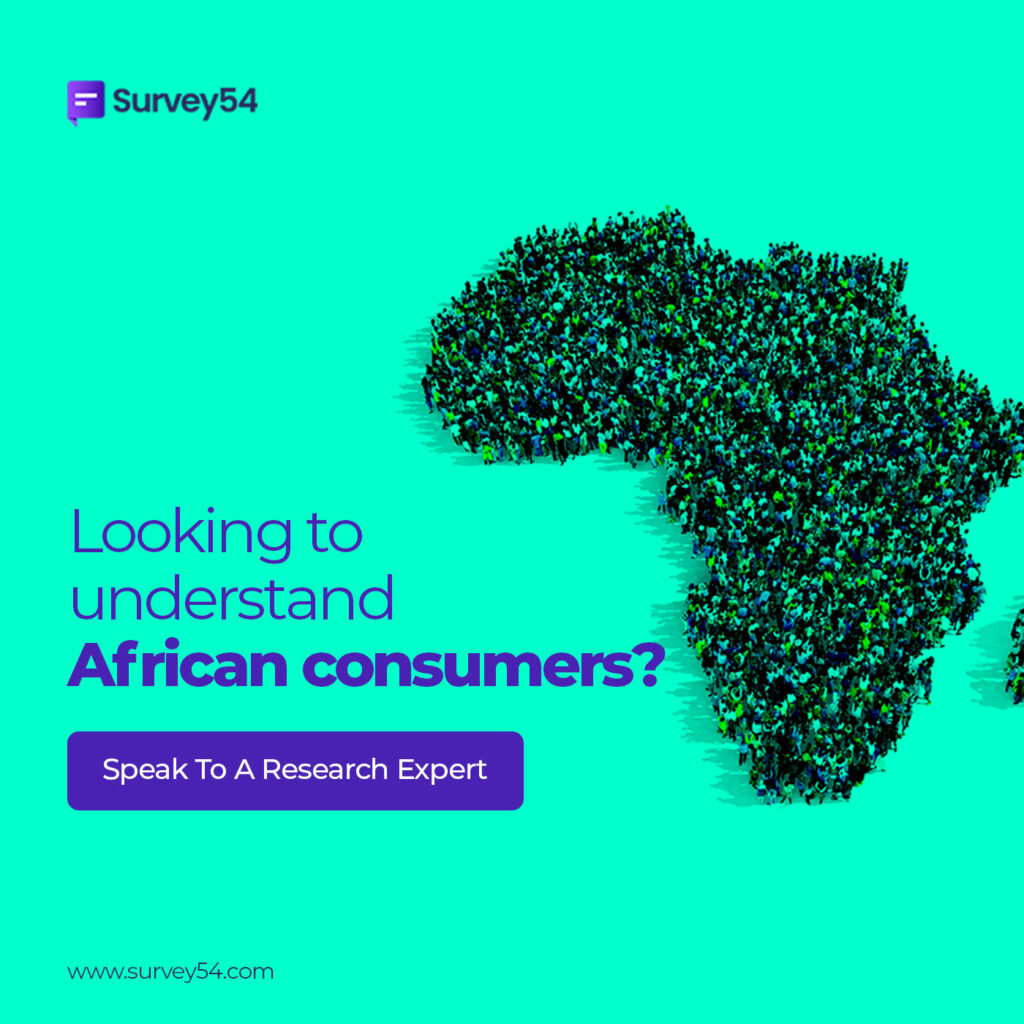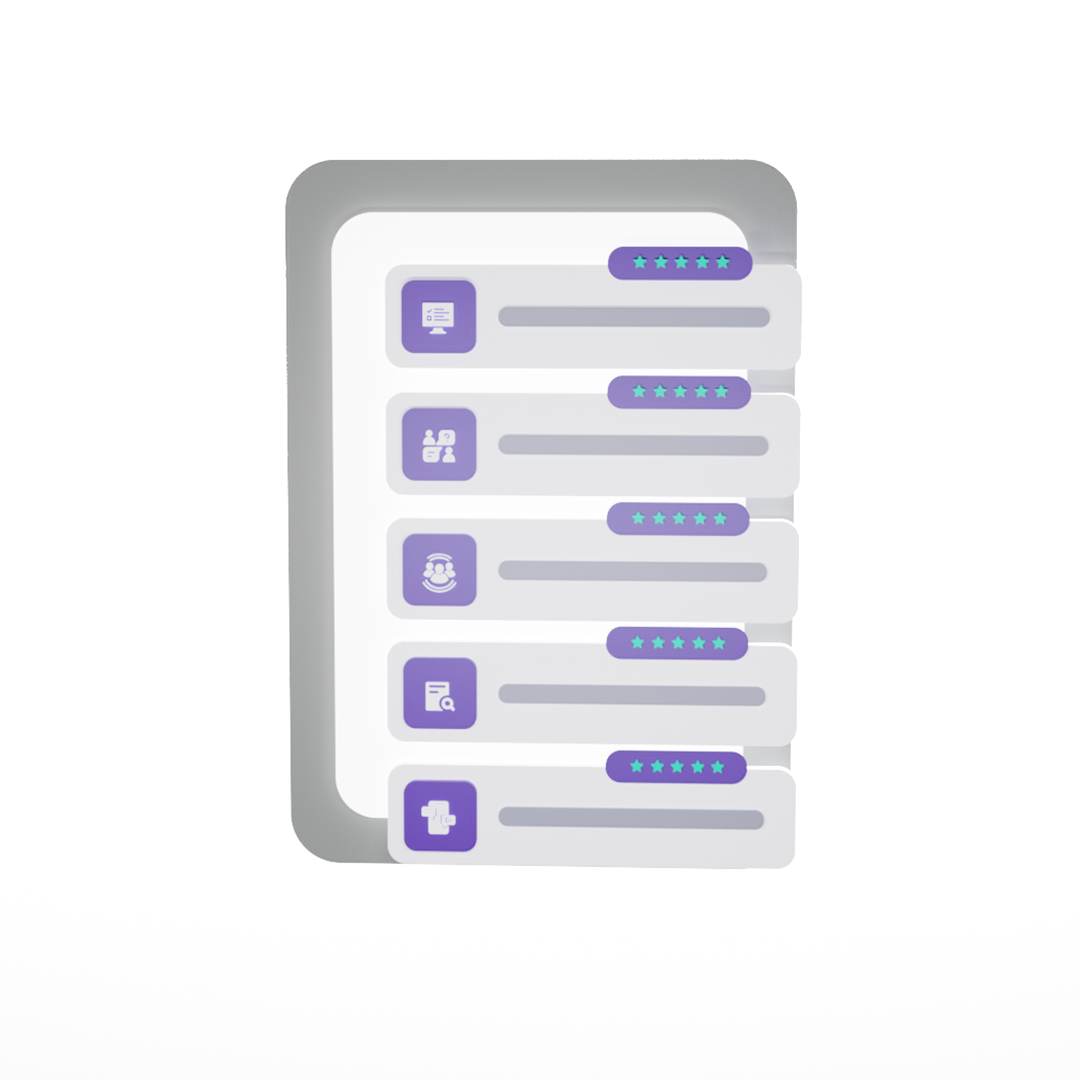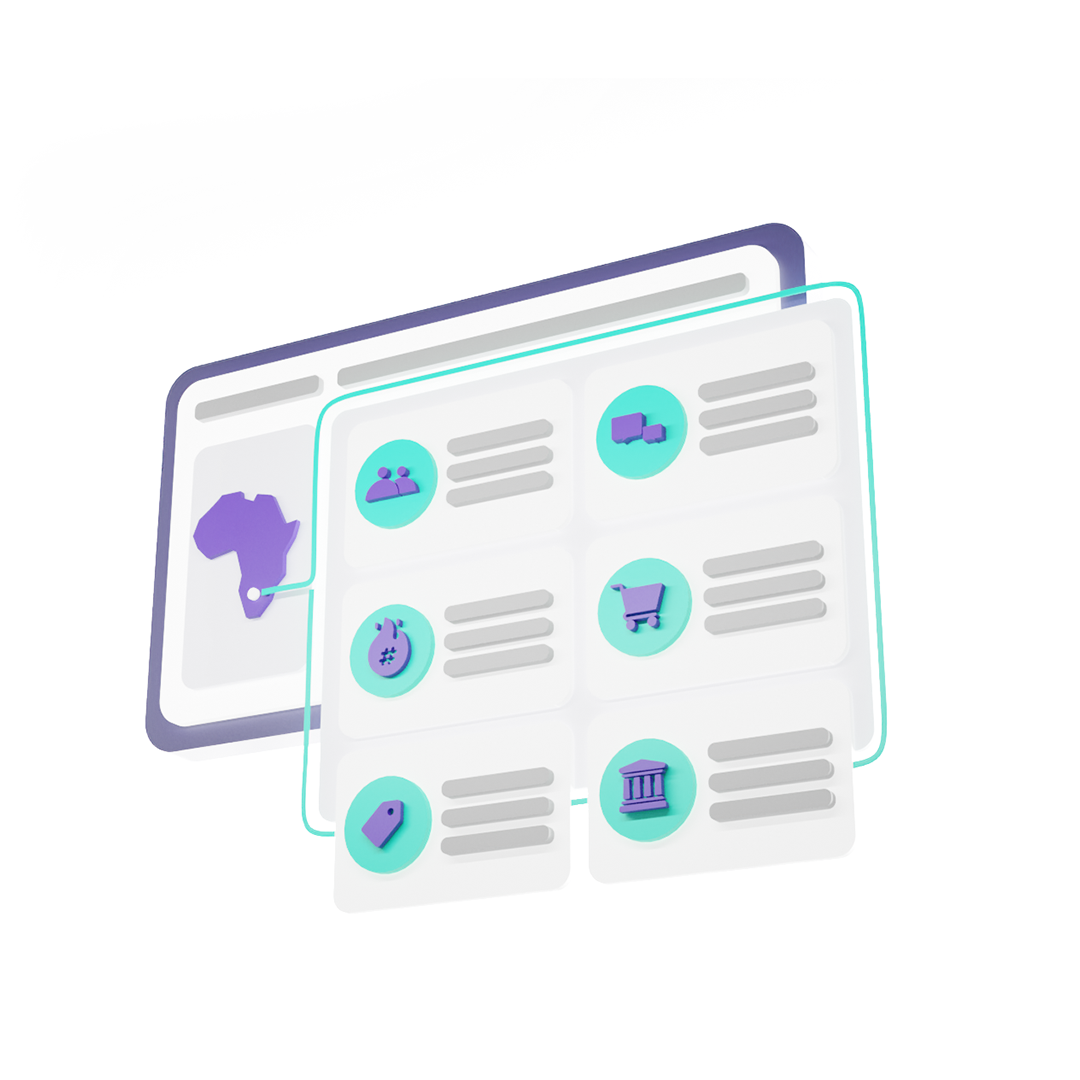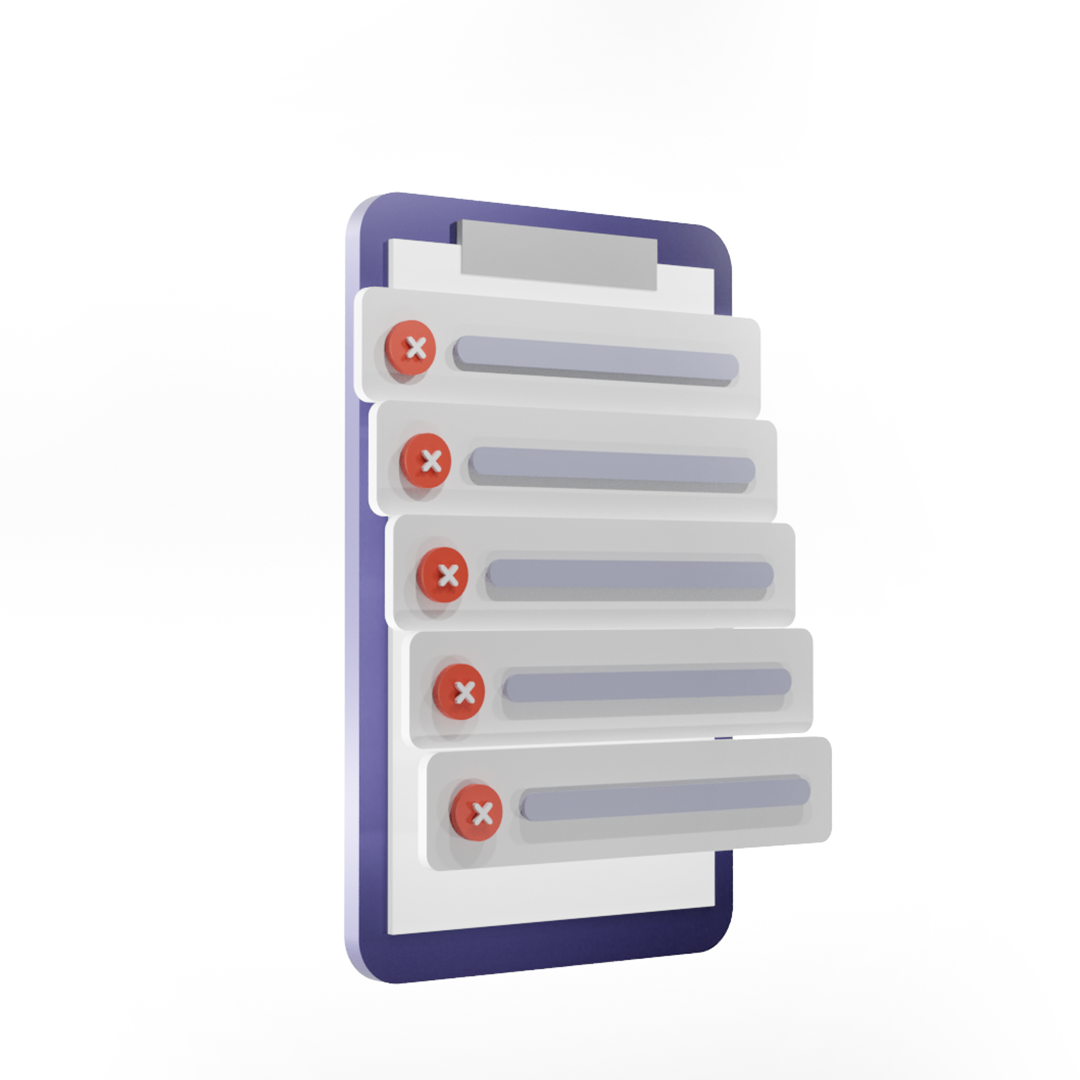Market research lays a firm basis for a business and leads to well-informed choices. This is true for businesses entering Africa, where multilingual surveys are essential due to the continent’s diversified market landscape.
Businesses seeking to expand in developing markets in Africa may frequently employ a multi-country strategy. Consequently, corporations often utilize multilingual surveys when evaluating their choices for expanding their presence across the continent.
Moving a product/service from one country to another, however, is more difficult than it sounds. Crossing borders introduces a new culture and perhaps a new language. According to Johannes Lohmann, language constraints may be a greater hindrance to international trade than previously believed. This assertion cannot be ignored by businesses operating across the continent given that Africa’s 54 countries contain over 2,000 distinct languages.
The purpose of multilingual surveys is to collect the same data and information from multiple nations simultaneously. Companies can then utilize this information to design a strategy that would allow them to enter and scale in the African market rapidly.
What are multilingual surveys?
Multilingual surveys, often known as a dual language surveys, allow respondents to participate in their preferred language. Multilingual surveys can be used to contact respondents all over the world or in regions like Africa, where multiple languages are spoken.
English and French are popular lingua francas in the majority of African nations. However, neither is the native language of the average African. Popular indigenous languages like Amharic, Hausa, and Swahili are also commonly spoken, along with “imported” languages such as Arabic and Portuguese. If you, therefore, wish to survey Africans, sending a survey in English alone will not provide a fair picture of their representation.
To generate surveys in many languages, a lot of researchers seek out native speakers of the languages they desire to poll in and have them translate the questionnaires. Utilizing multilingual software that can automatically translate the survey into Spanish, French, Arabic, etc. is another possibility. Today, Google Translate supports more than one hundred languages! However, these alternatives are not devoid of restrictions.
While it is possible to use a native speaker as a translator, since they are not experienced researchers, there is a risk that they will overlook important nuances of the question-and-answer session. Similarly, The Language Doctorsreported that Google translate is only 85% accurate. This suggests that there is room for inaccuracy and omission in the cause of the research. Likewise, Google Translate is unable to translate the majority of indigenous African languages. This demonstrates the need to employ a knowledgeable and seasoned African researcher for your multilingual survey in the region.
We can make your next multilingual survey in Africa worthwhile. Ask me how.
Why consider Multilingual Surveys?
Philosopher Ludwig Wittgenstein once said, “The limitations of my language are the limitations of my world” (paraphrased). This is also true about conducting a survey! You do not wish to be limited by language. Here are the top 5 advantages of creating surveys in multiple languages.
1. Higher Quantity of Data
The more languages you include in your survey, the more likely you are to collect more information. And the more data you collect, the simpler you make it for respondents to voice their ideas!
2. Greater Data Accuracy
With a multilingual survey, participants can respond in the language in which they are most proficient. This increases the precision of data. And because adopting various languages allows you to reach a wider audience, your results will be a more accurate representation of the overall population.
3. Reduced attrition rates
There will always be those who agree to participate in a survey but drop out during its execution. However, individuals are more likely to grow discouraged and abandon the survey if they are attempting to complete it in their second language and do not understand the questions.
4. Improved Relationship Development
When respondents realize that you are willing to undertake survey translation to suit them, they are more likely to reply positively and participate in future surveys.
5. More Rapid Survey Results
The greater a participant’s comprehension of your survey questions, the quicker they will be able to finish the survey. This expedites the survey findings, allowing you to conduct data analysis much sooner.
We can make your next multilingual survey in Africa worthwhile. Ask me how.
Why you should collaborate with Survey54 for your multilingual surveys in Africa
You would be better off partnering with Survey54 for your multilingual survey in Africa due to two factors that make us superior to a random in-country or electronic translator such as Google Translate. They are;
- Our research platform allows users to translate to several official and indigenous African languages, including those that e-translators such as Google Translate cannot translate.
- Our mobile foot merchants convert surveys into the respondents’ native language and back into English for deeper insights. They are experienced and equipped to conduct surveys effectively and are typically community members. Therefore, respondents are comfortable sharing objective insights with them.
Partner with Survey54 for your multilingual surveys in Africa
Survey54 offers clients a world-class market research solution by translating questionnaires and data into multiple languages. One of our areas of expertise is translating questionnaires and their results for firms targeting the African market into French, Portuguese, Arabic, or any of the 2,000+ African languages. We will ensure the accuracy and objectivity of your inquiries, as well as convert verbatims into text that is as fluent and expressive as the original.
Send us an email to get expert guidance for free.

